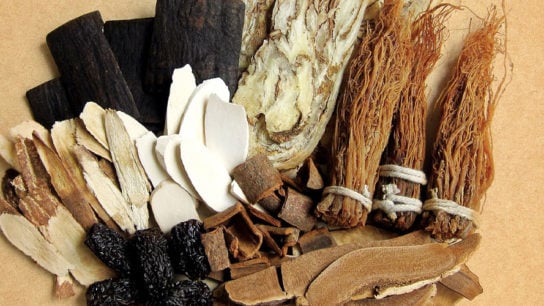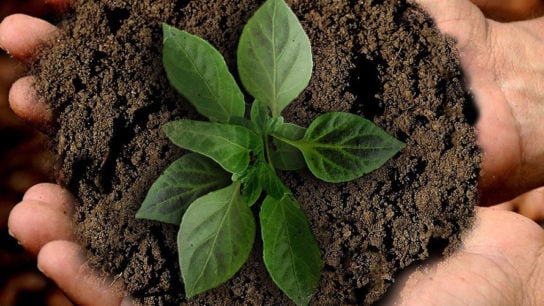Australia’s Piping Hot and UTS climate scientists team up to develop a sustainable seaweed-based textile working towards cleaner oceans.
Surf brand Piping Hot Australia and the University of Technology Sydney (UTS) have announced a research partnership for the development of a sustainable textile using seaweed. Commissioned by Piping Hot in line with their mission to conserve our oceans, the new biomaterial is an innovation that will transform the global polyester industry.
“It is an honour and privilege to partner with the distinguished Professor Peter Ralph and the UTS Climate Change Cluster. As part of Piping Hot’s mission to defend the oceans, our purpose-led investment into marine biotechnology and material science is of vital importance. Together we intend to impact change though marine science and transform the industry’s reliance on fossil fuels,” said Stan Wan , the CEO and Managing Director of Piping Hot Australia.
The research project kicks off in February 2022, where UTS climate scientists will start off by developing a prototype fibre that is not only a biobased material, but will also sequester carbon from the ocean, minimising its environmental impact.
“We are delighted to be collaborating with Piping Hot on this exciting research project. The UTS Climate Change Cluster and Piping Hot are equally committed to a more sustainable future for our planet, and the development of sustainably sourced materials is crucial to achieving that goal. Developing new nature-derived alternatives for the fashion and textile industries has the potential to revolutionise products and their impact on the oceans,” commented Distinguished Professor Peter Ralph, the Director of the UTS Climate Change Cluster.
Since 1975, Piping Hot has been enriching Australian coastal living through their range of family-friendly products. With the aim of offering affordable prices and protecting our oceans, Piping Hot places an emphasis on transparency, circularity and recycled materials.
Currently, the fashion industry contributes to around 10% of global greenhouse gas emissions, around 70 million barrels of oil being used annually in the production of polyester fibres for clothing. In contrast with biomaterials, polyester can take over 200 years to decompose.
Featured banner image credit: pipinghot.com.au
Related Articles
6 Sustainable Tech Innovations to Watch in 2022
8 Sustainability Startups in Australia to Watch
Hitachi Aids Digital Transformation of Australian Banana Farm





